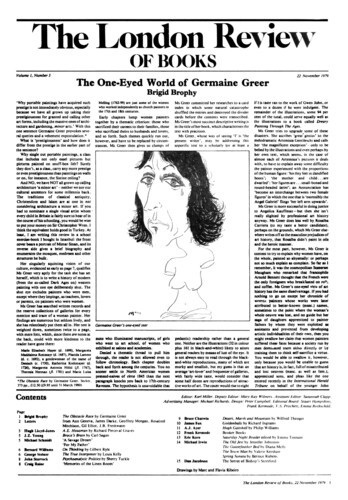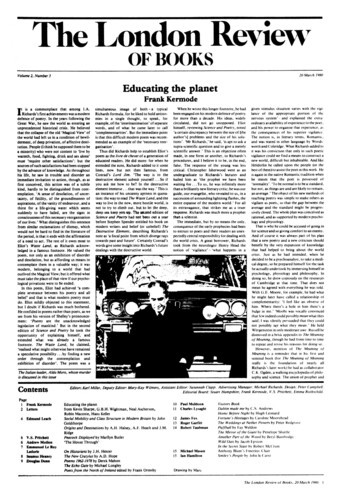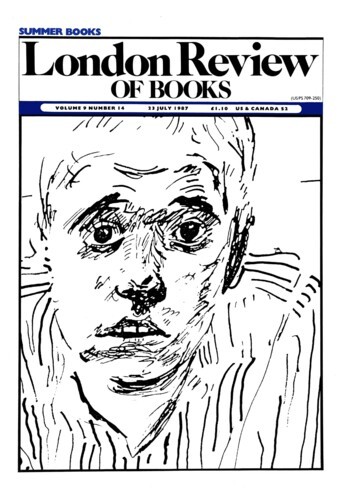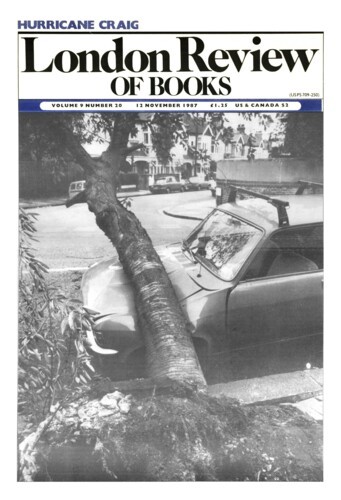James Fox writes about the Ingrams school of journalism and its antagonists
James Fox, 22 November 1979
It was for services ‘to exports and ecology’ that Sir James Goldsmith was nominated for a peerage, and then demoted to a knight by the Scrutiny Committee, in what is bitterly remembered as the Wilson Honours List. Was there a connection between Sir James’s elevation and his year-long battle to punish Private Eye and jail its editor, Richard Ingrams – an effort which was supported by Wilson and Lady Falkender, both victims of Ingrams’s harassment, and which petered out in a relatively painless settlement in 1976? Ingrams’s theory is that there was such a connection.




